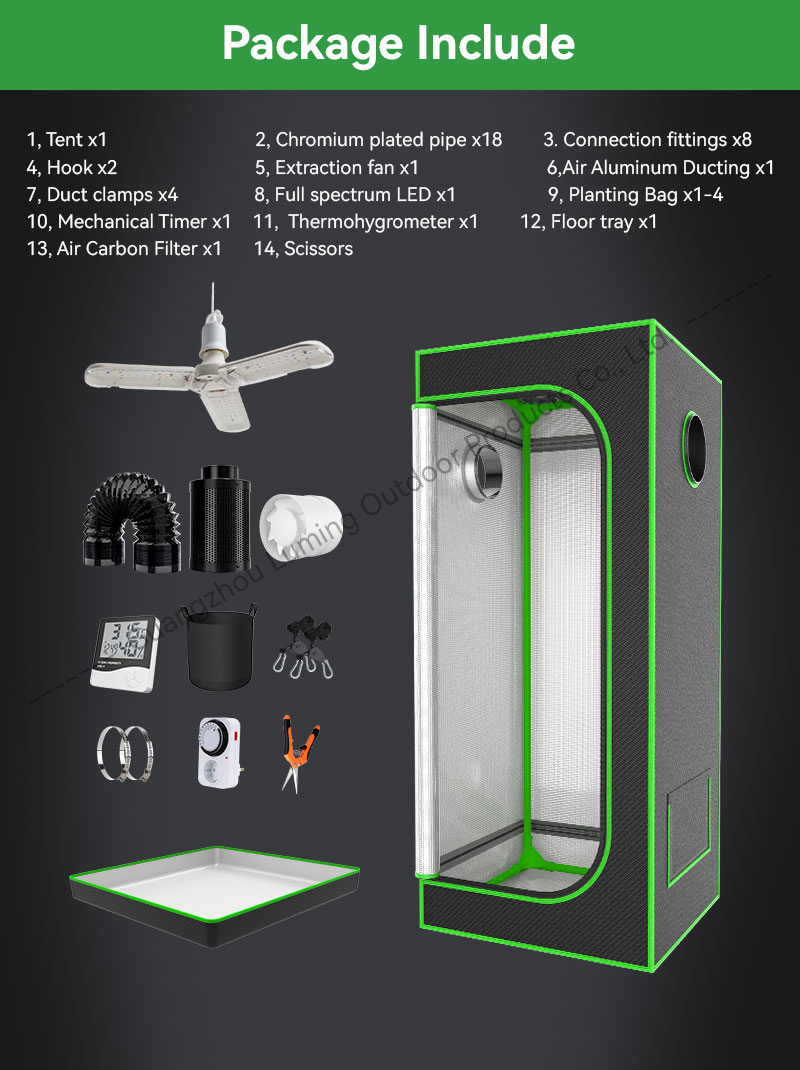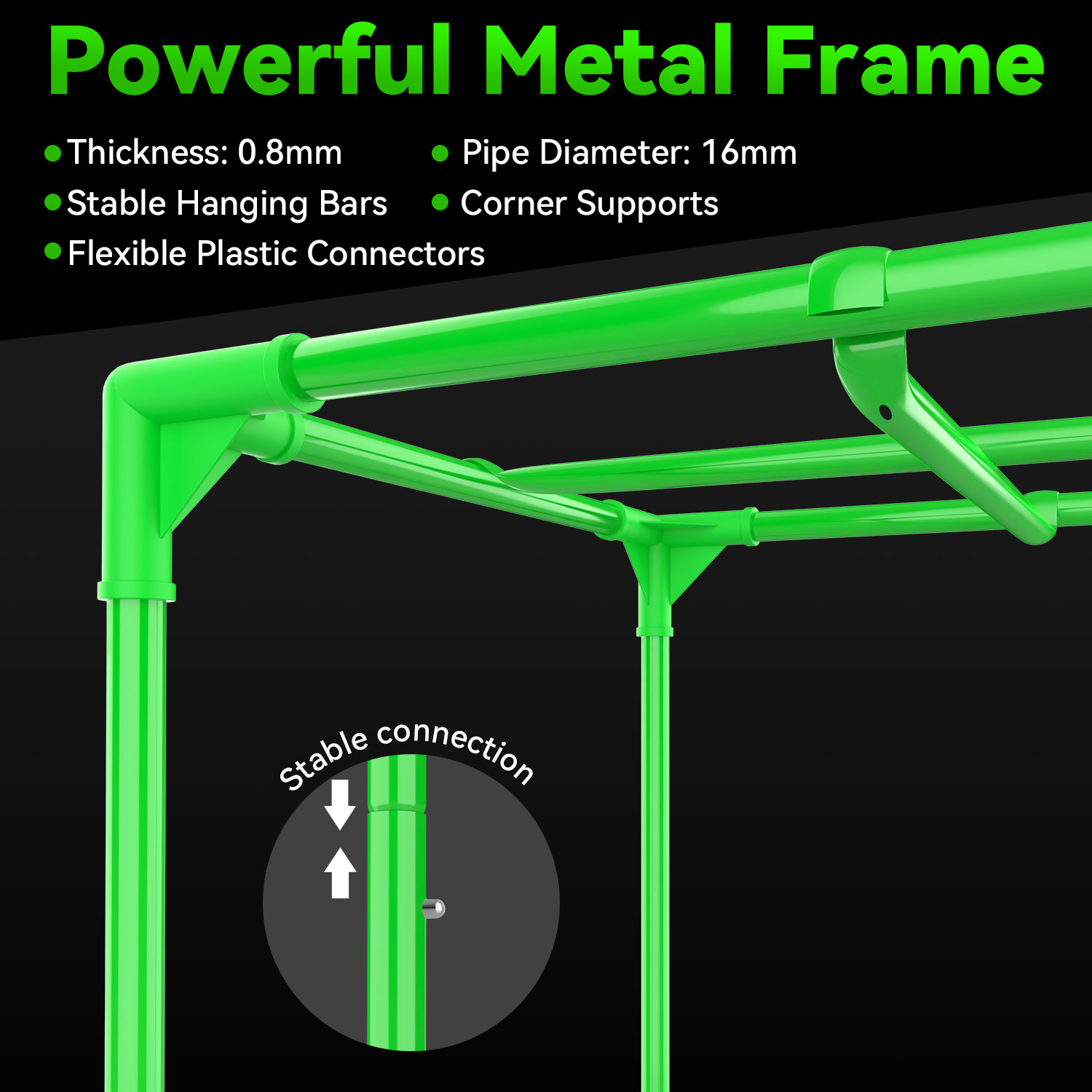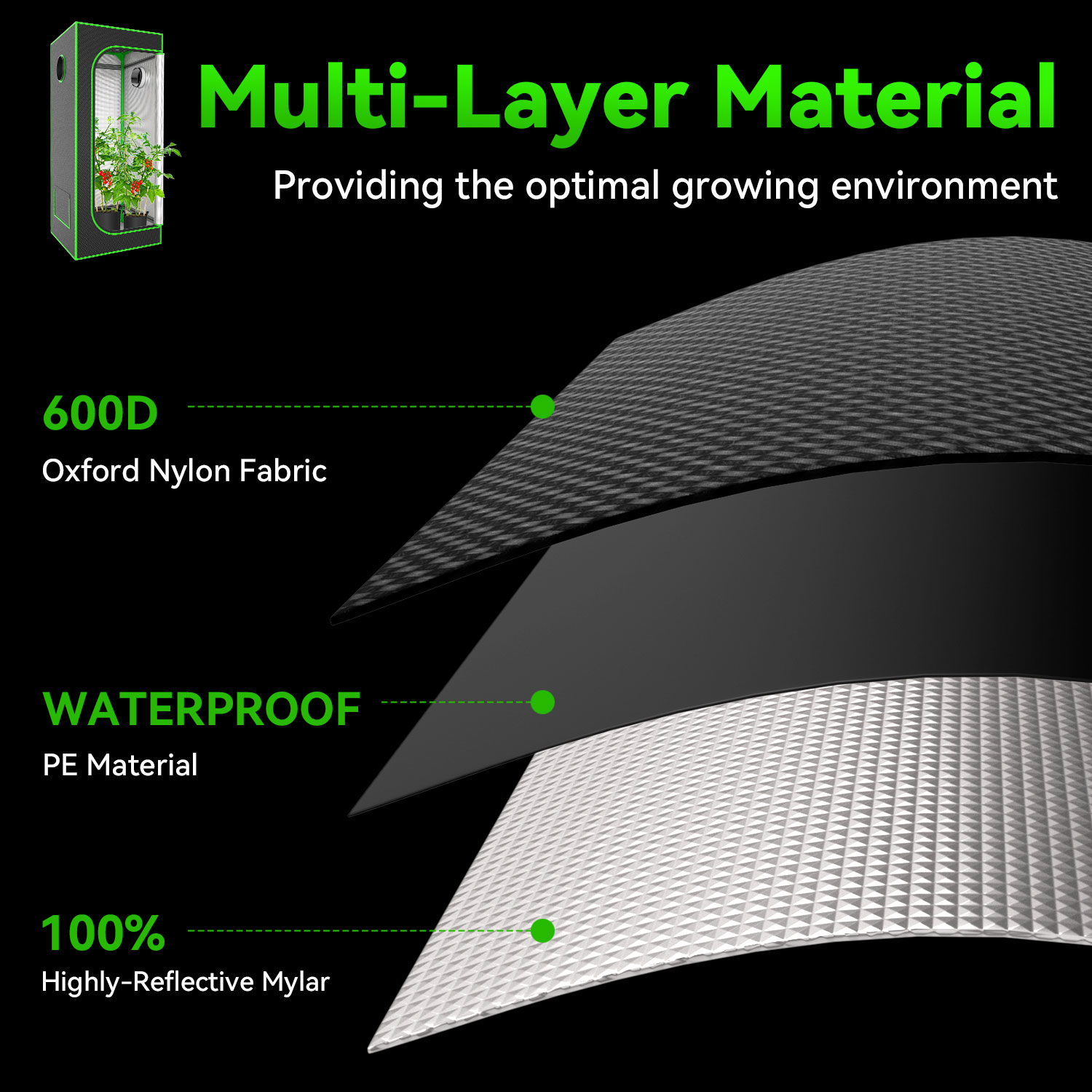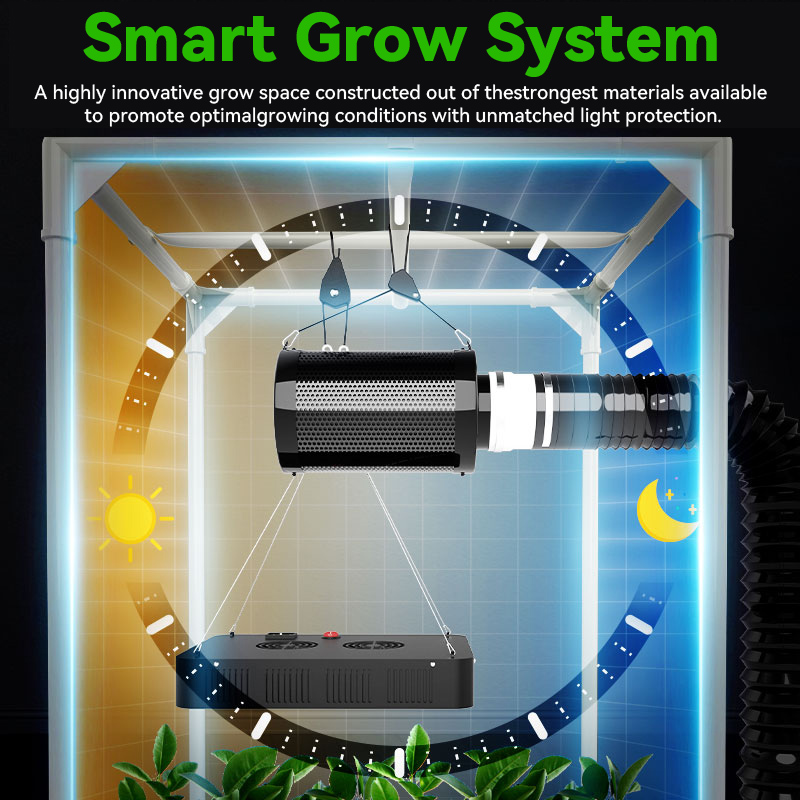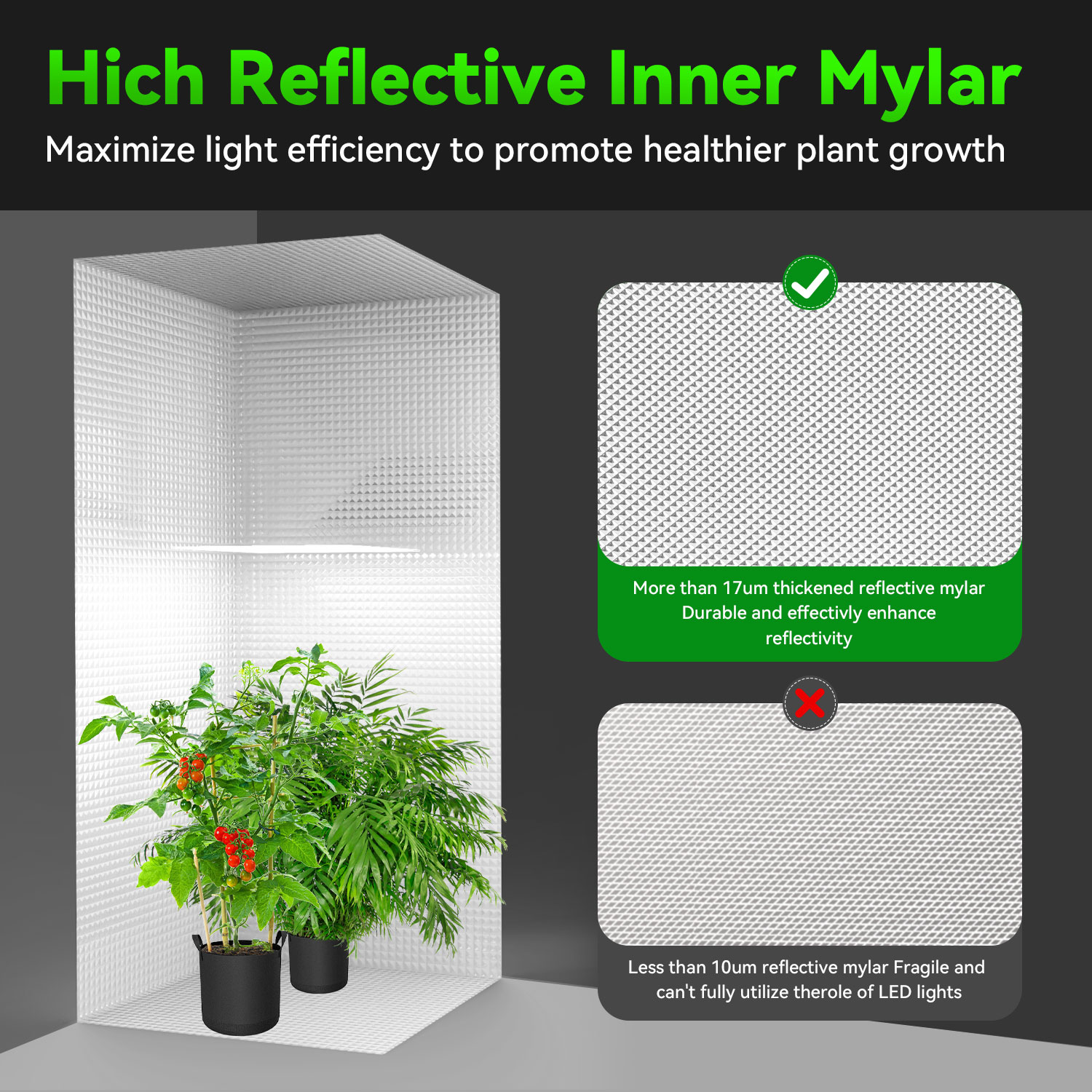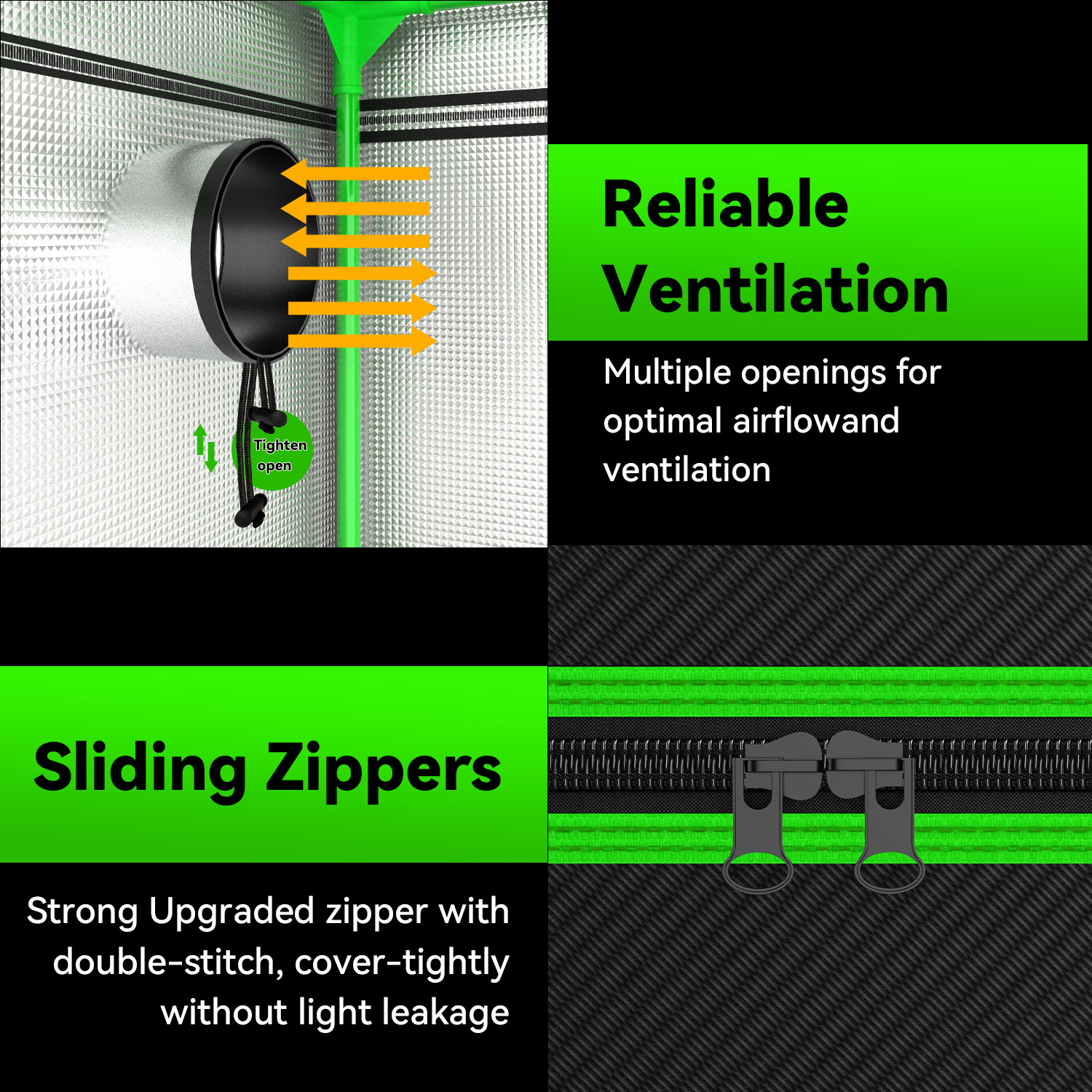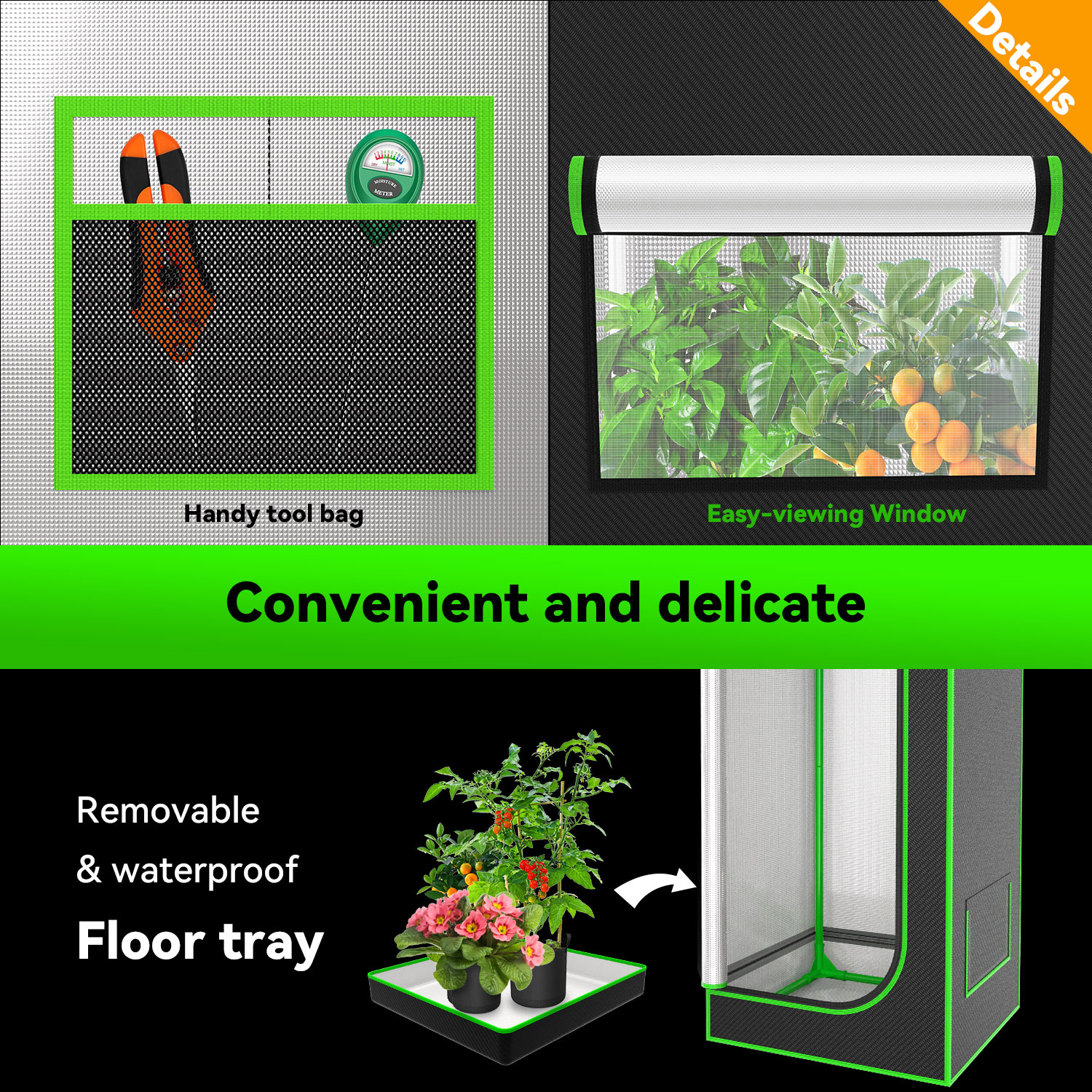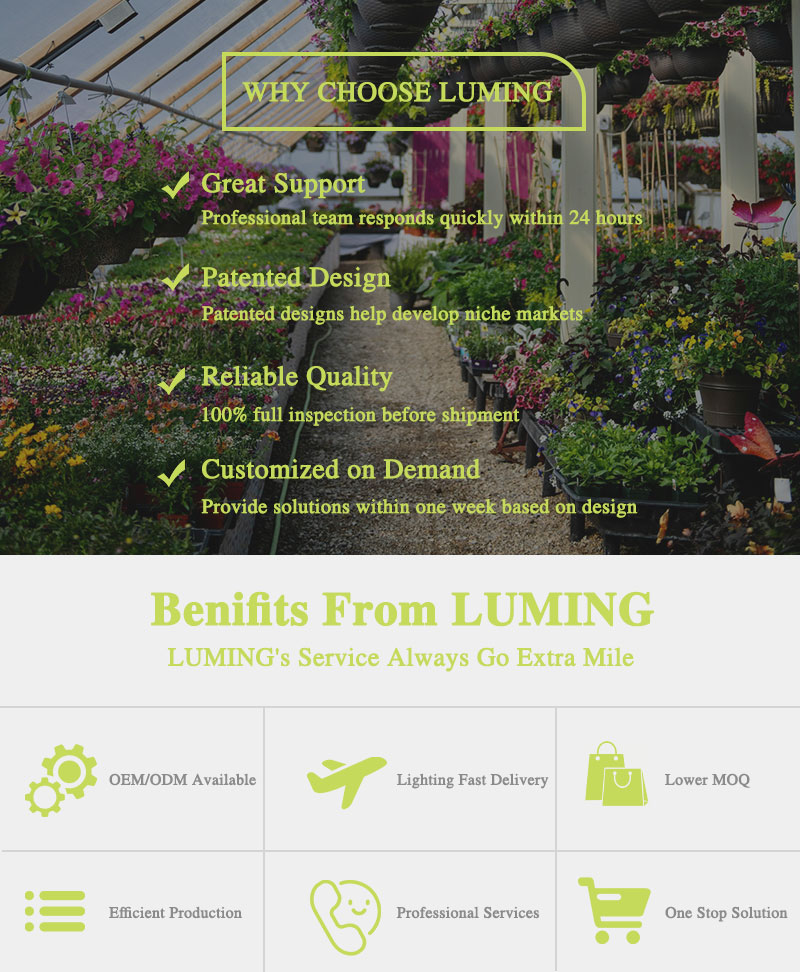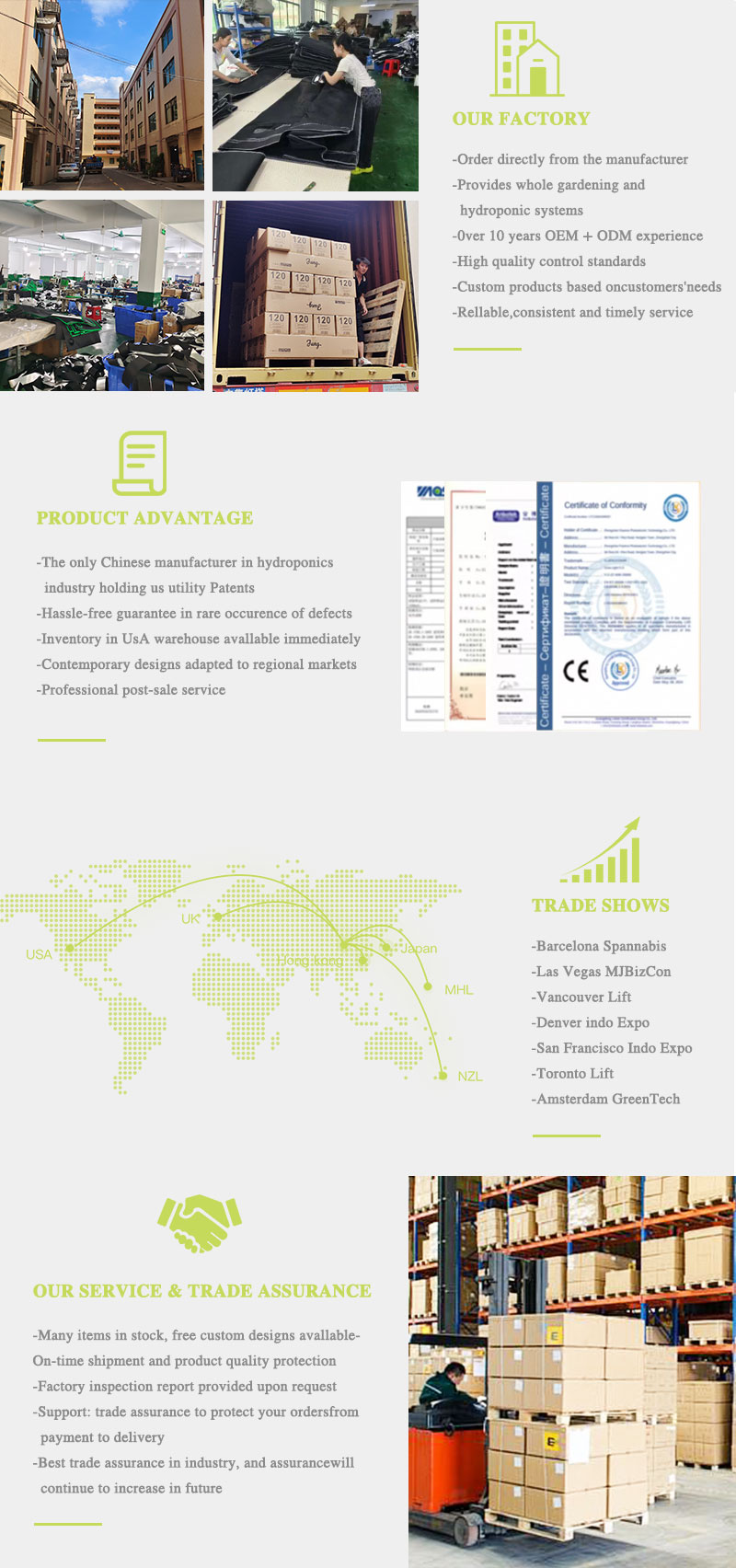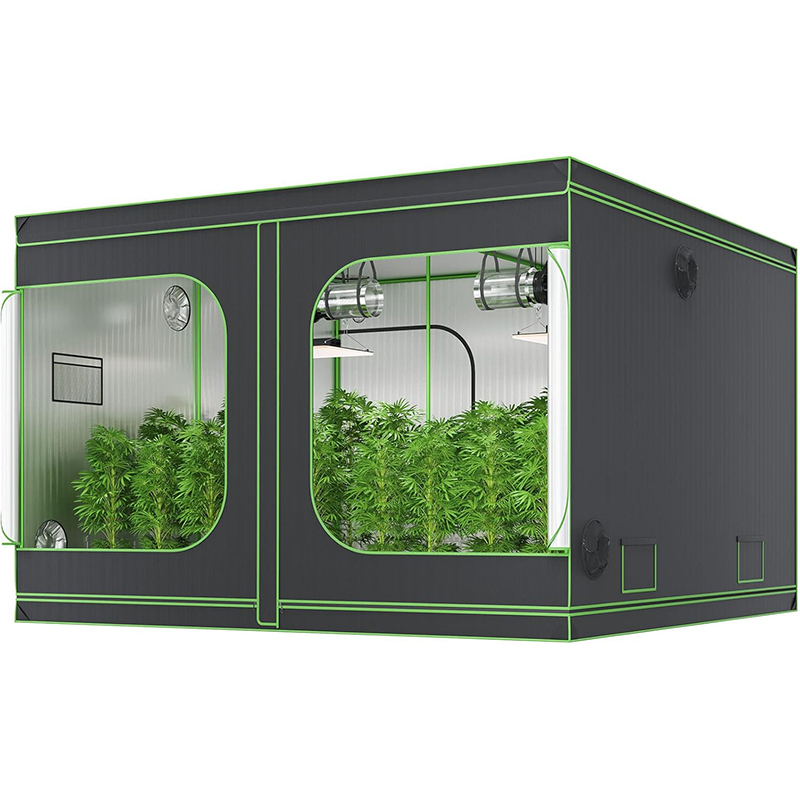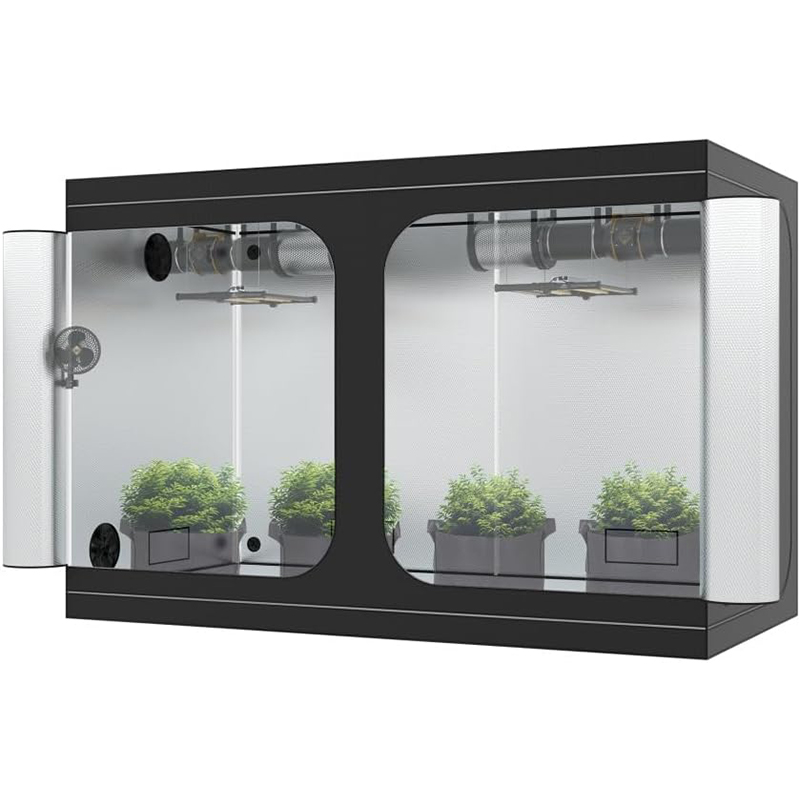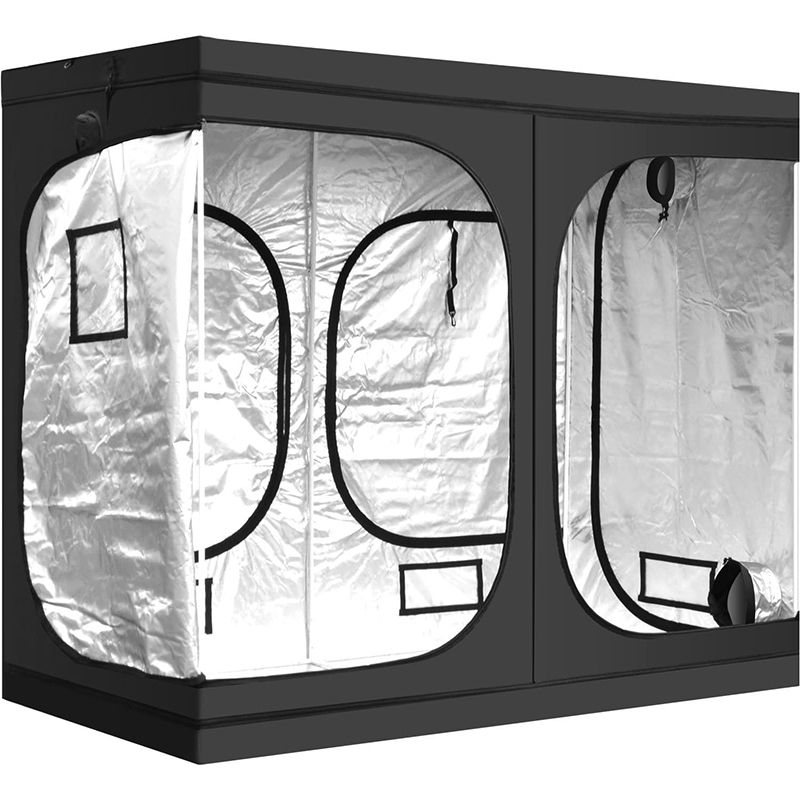Lightproofing and Gapping: How well does the grow tent block light? Buyers want to ensure that the tent
is completely light-tight to prevent any light from escaping, which is crucial for using indoor grow lights
effectively. Features like overlapping velcro flaps and zip-draws for ventilation or cord ports are important .
Zipper Durability: What is the quality and durability of the zippers? Since zippers are used daily, they can
wear out quickly if not well-constructed. Buyers look for easy-to-use zippers with a large area for hand
grip to minimize the risk of damage and light leakage .
Corner and Frame Construction: Are the corners and frames sturdy? High-quality grow tents have metal
corner pieces with interlocking snap pieces to secure the poles in place, preventing frame failure. A strong
frame, preferably metal, is essential for durability .
Pole Strength and Material: What materials are the poles made of, and how strong are they? Poles can
be made of plastic, steel, or weaker metals. Metal poles, especially steel, are preferred for their strength
and resistance to degradation over time .
Number of Ports: How many ventilation, exhaust, and cord ports does the tent have? These ports are
necessary for managing air flow, heavy-duty ventilation, and powering grow lights. At least one ventilation
port is needed, and well-placed cord ports simplify setup .
Flood Tray: Does the grow tent come with a flood tray? A flood tray is important for containing water
and runoff, making cleanup easier and preventing water damage to the grow tent .
